Uses & Benefits
Nutrient-rich Mustard meal boosts plant health, enriches soil, and supports sustainable growth—perfect for organic gardening!
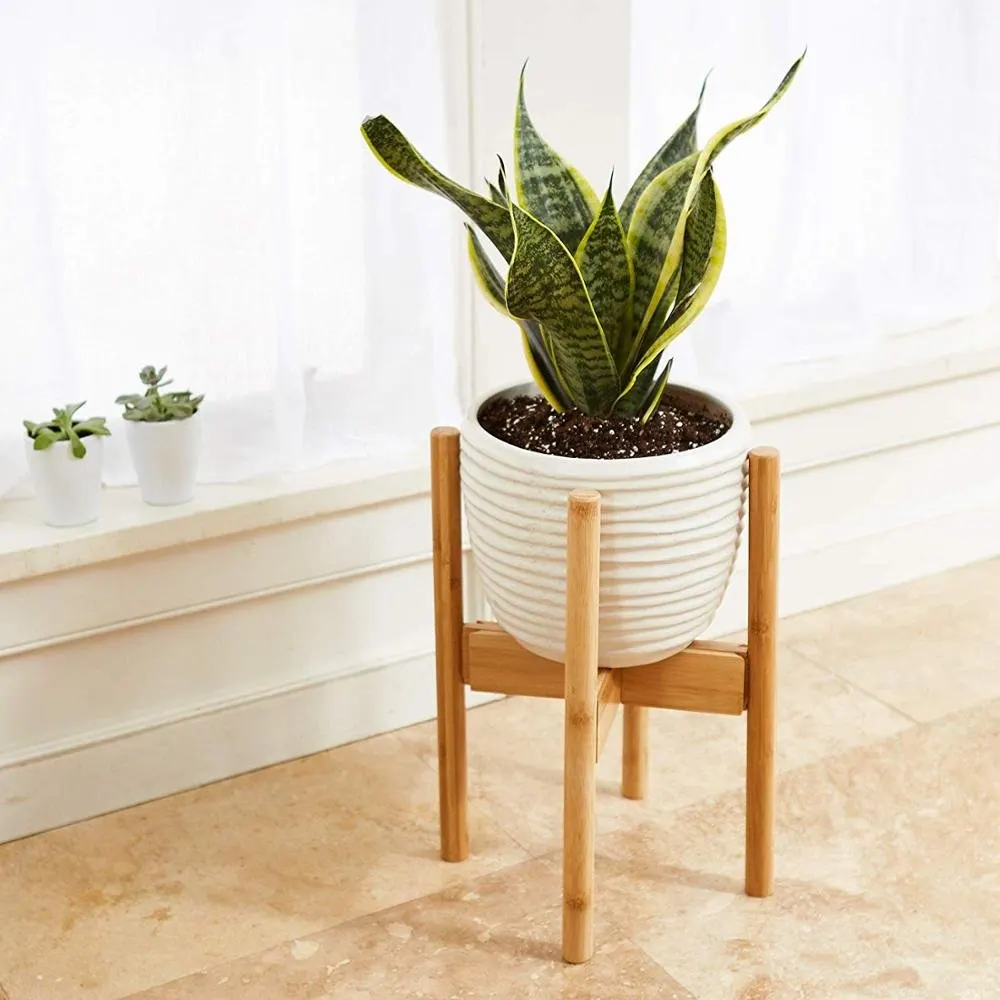
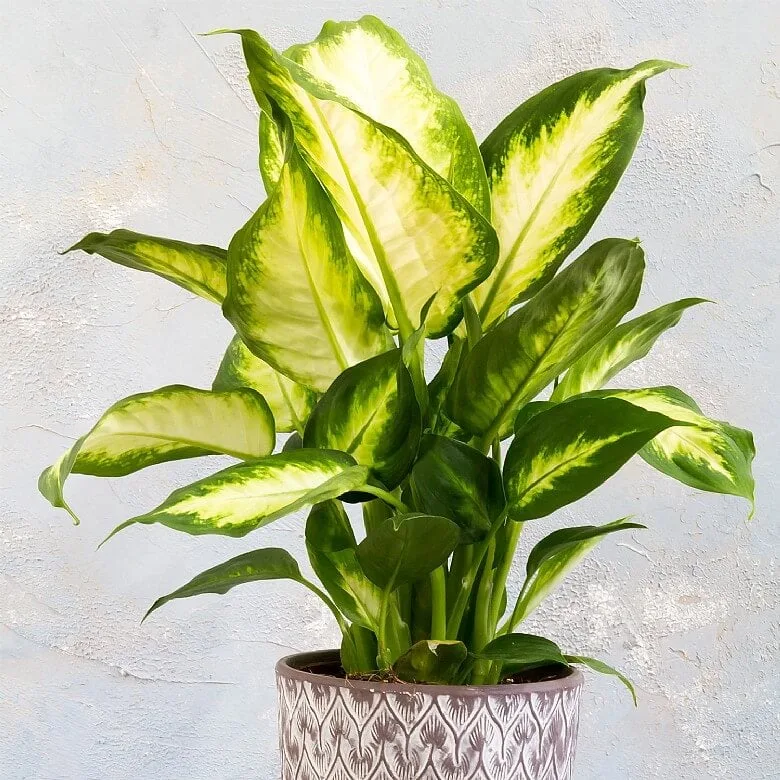
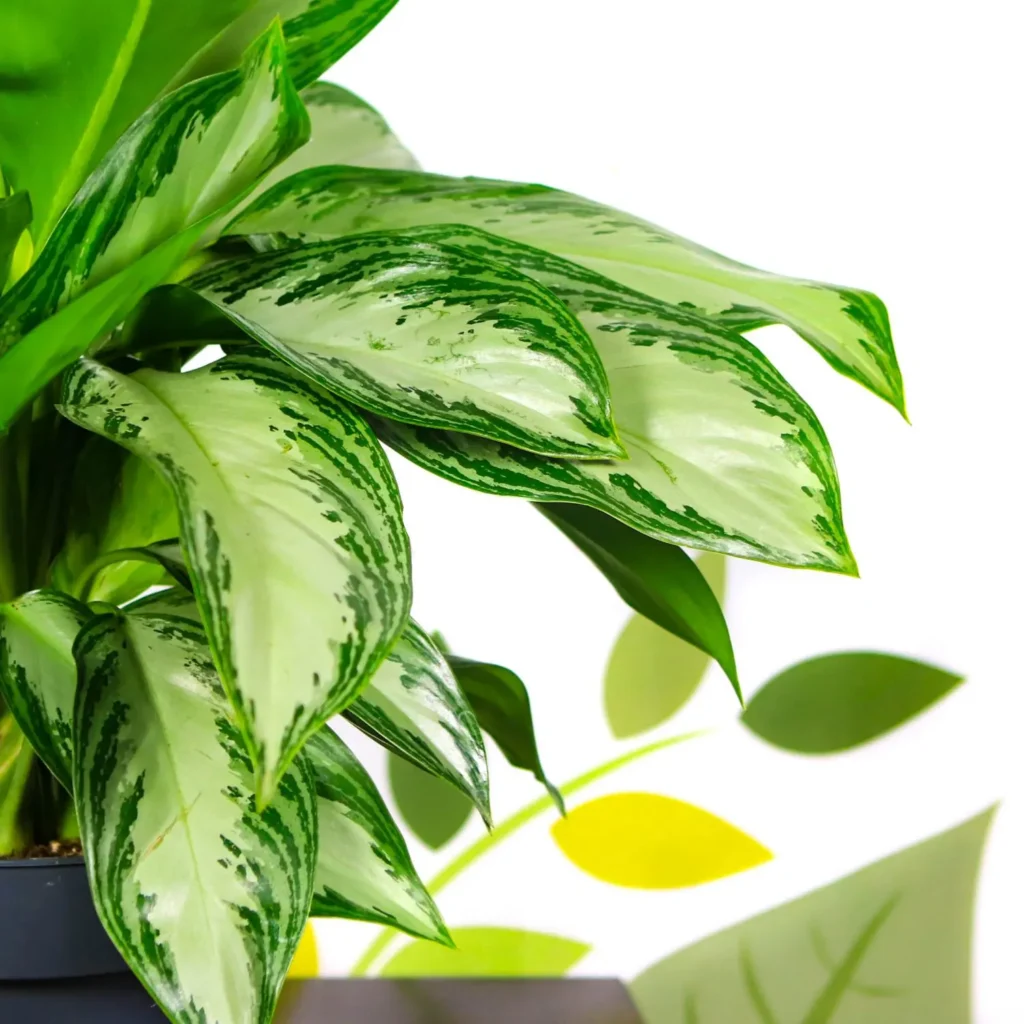
Enhances Soil Fertility
Releases essential nutrients that enrich soil naturally.
• Natural Bio-Fumigant
Suppresses soil-borne pests, nematodes, and pathogens.
• Supports Strong Root Growth
Boosts root development for healthier, more resilient plants.
• Improves Soil Structure & Drainage
Breaks up compacted soil and increases aeration.
• Promotes Beneficial Microbial Activity
Stimulates microbes that support sustainable soil health.
How to Use Leaffyco’s Mustard Meal?
Loosen the Soil
Use a garden fork to loosen the top layer around the plant
Apply Mustard Meal
Sprinkle an appropriate amount near the plant’s roots.
Cover the Soil
Lightly mix the compost with the loosened soil.
Water Lightly
Gently water to help bone meal settle and activate nutrients.
When to Use Leaffyco's Mustard Meal?

Indoor & Ornamental Plants
Duration: Once every 2–3 weeks
Qty: 20g – 30g per Plant
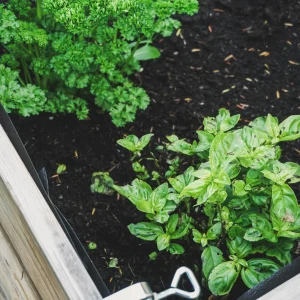
Kitchen Gardens
Duration: Once every 2–3 weeks
Qty: 30g – 50g per Plant
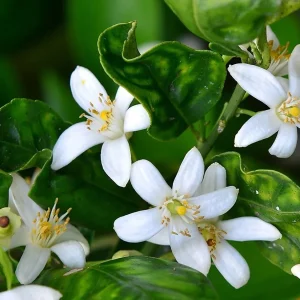
Flowering & Outdoor Plants
Duration: Once every 2–3 weeks
Qty: 30g – 50g per Plant

Lawns & Plant Beds
Duration: Once every 3–4 months
Qty: 0.25” – 0.5” layer, mixed with topsoil
How Leaffyco Ensures High-Quality Mustard Meal?
Organic Sourcing
Made from cold-pressed mustard seeds, naturally derived and sustainably processed.
Controlled Processing
Carefully milled to retain key nutrients like nitrogen, potassium, and micronutrients.
No Chemical Additive
100% natural — free from synthetic fertilizers, pesticides, or harmful residues.
Lab-Tested for Nutrients
Rigorously tested to ensure consistent nutrient content and absence of contaminants.
Eco-Friendly & Sustainable
Supports organic gardening practices and reduces environmental impact.
Choose Better Choose Leaffyco
INDICATORS
100% organic, chemical-free, and nutrient-rich
Packed with beneficial microbes for soil health
Earthy, pleasant smell indicating high quality
Sustainably sourced, environment-friendly packaging
Premium quality at a fair price
LEAFFYCO
5 ★
5 ★
5 ★
5 ★
5 ★
OTHER BRANDS
1 ★
3 ★
2 ★
2 ★
1 ★

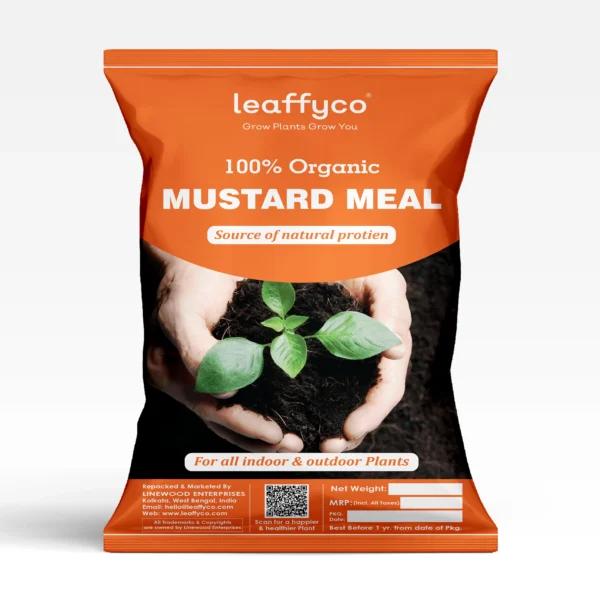

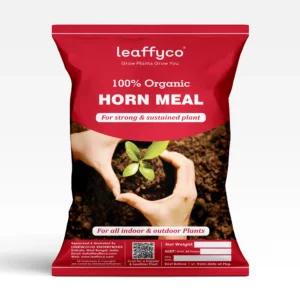
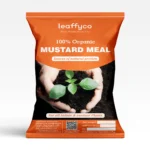
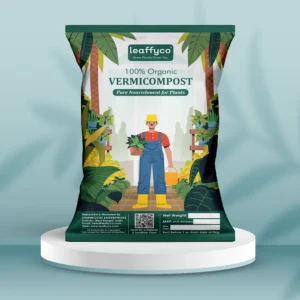






Keeps Pests Away Naturally
I bought this after reading that mustard meal helps with nematode control. It’s been a few weeks, and my plants look healthier with fewer signs of pest damage. Love that it’s organic and safe for my garden.
Works Wonders for My Plants
This is a game-changer for my flower beds! The soil feels richer, and my roses have never looked better. It also seems to help with weed suppression, which is an added bonus. I’ll definitely be buying more.
Works Well, But Needs Reapplication
This fertilizer definitely improves plant health and reduces pests. However, I found that I needed to reapply more often than expected to maintain the benefits. Still, it’s a great organic choice!